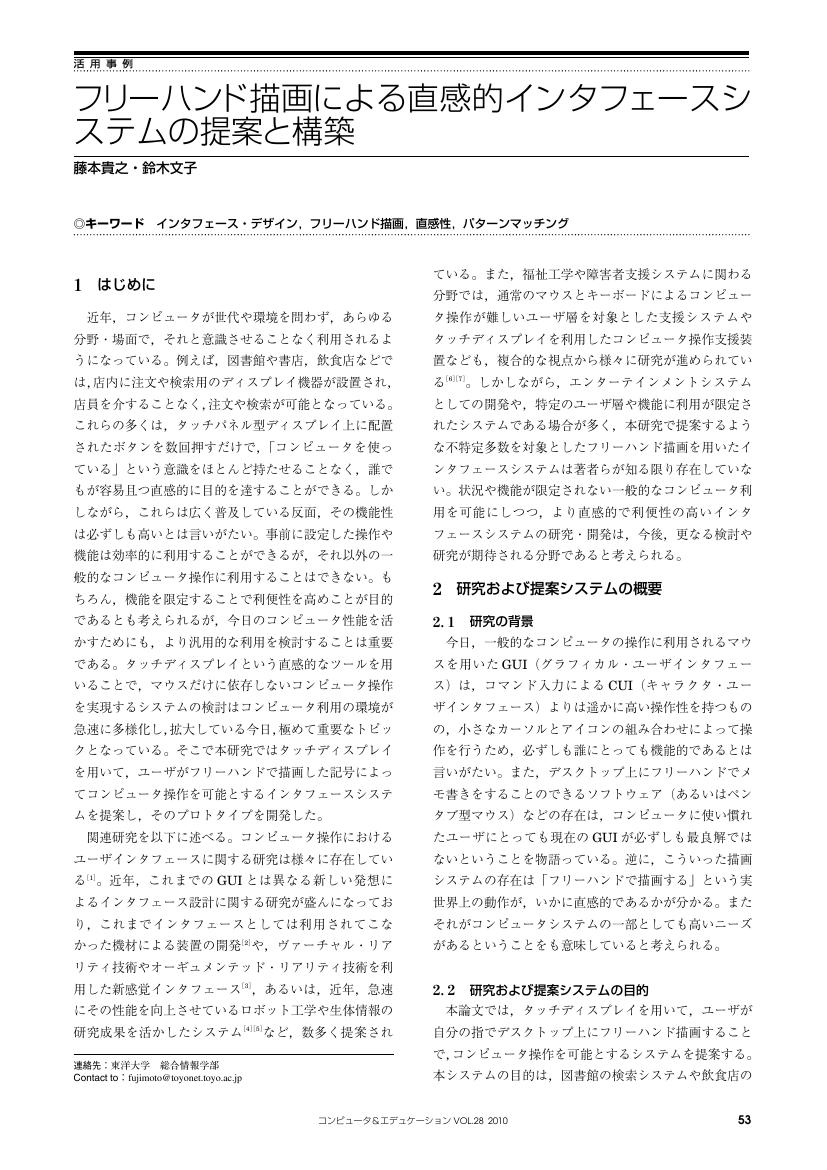17 0 0 0 OA 異性愛者のジェンダー自尊心と同性の同性愛者に対する態度
- 著者
- 鈴木 文子 池上 知子
- 出版者
- 日本社会心理学会
- 雑誌
- 社会心理学研究 (ISSN:09161503)
- 巻号頁・発行日
- vol.30, no.3, pp.183-190, 2015-03-20 (Released:2015-06-07)
- 参考文献数
- 15
- 被引用文献数
- 3
From the perspective of social identity theory, some social psychologists have suggested that heterosexual men espouse negative attitudes toward gay men as a defensive mechanism against threats to their gender self-esteem. The purpose of the present study is to examine whether this gender self-esteem defense theory of sexual prejudice applies among heterosexual men and women in Japan. Our results in principle supported the gender self-esteem defense theory for heterosexual men. For heterosexual women, however, the results tended to be contradictory to the theory. The more positive heterosexual women’s gender self-esteem was, the less negative was their attitude toward lesbians. But this link tended to disappear when they were informed that no biological differences exist between heterosexuals and homosexuals. Our findings suggest that heterosexual men and women maintain their gender self-esteem in different manners: Heterosexual men maintain positive gender self-esteem by embracing negative attitudes toward gay men, but heterosexual women do not. Heterosexual women’s gender self-esteem may be related to expressing tolerance for sexual minorities.
11 0 0 0 IR 玩具と帝国 : 趣味家集団の通信ネットワークと植民地
- 著者
- 鈴木 文子
- 出版者
- 佛教大学
- 雑誌
- 文学部論集 (ISSN:09189416)
- 巻号頁・発行日
- vol.93, pp.1-20, 2009-03-01
明治時代に始まる「趣味家」といわれるコレクターは、日露戦役の記念絵葉書ブームを経て、大正以降、一般大衆へ広がっていく。また、彼らの趣味蒐集の触手は、時代の趨勢のなか自然に植民地へも伸びていく。本稿では、これまであまり注目されることがなかった趣味家たち、特にその代表的存在である郷土玩具の蒐集家と植民地の関係を考察することにある。趣味家たちは、複数の趣味家集団に属し、自作の版画を交えた多くの同人誌を作成し、また、絵葉書等でさまざまな情報を交換していた。彼らの通信文化を分析しながら、ジャーナリズムとは異なる形で一般の人々に流布していた植民地の風景を考察する。
5 0 0 0 OA カミングアウトによる態度変容 ──ジェンダー自尊心の調整効果──
- 著者
- 鈴木 文子 池上 知子
- 出版者
- 公益社団法人 日本心理学会
- 雑誌
- 心理学研究 (ISSN:00215236)
- 巻号頁・発行日
- pp.91.18052, (Released:2020-09-15)
- 参考文献数
- 22
- 被引用文献数
- 1
Previous studies have indicated that heterosexuals who had faced their close friends’ coming out tend to have a more positive attitude toward homosexuals in general but have decreased interactions with their close homosexual friends. We investigated why such a difference between heterosexual attitudes toward homosexuals in general and toward their close homosexual friends emerges after their friends came out. We conducted two imaginary vignette studies with Japanese undergraduates. Results from Study 1 (N = 186) revealed that both male and female heterosexuals with high gender self-esteem positively changed their attitudes toward homosexuals in general after their friends came out. Results from Study 2 (N = 147) revealed that social contagion concerns served as a significant predictor for avoidance responses to their friends who came out. However, such links between social contagion concerns and avoidance behaviors observed in heterosexuals were moderated by gender self-esteem. Heterosexual males’ gender self-esteem promoted the relations, but heterosexual females’ gender self-esteem mitigated the relations. The role of gender self-esteem in the context of coming out is discussed beyond the traditional and narrow-sense sex-role perspectives.
3 0 0 0 働く人のための心理学(3)
2 0 0 0 「100年に1度の大変革」における自動車産業従業員の意識変化
2 0 0 0 同性愛者に対する態度の規定因
- 著者
- .講演者(Speaker)鈴木 文子 .司会者(Chair)池上 知子
- 雑誌
- 日本心理学会第87回大会
- 巻号頁・発行日
- 2023-08-03
2 0 0 0 OA フリーハンド描画による直感的インタフェースシステムの提案と構築
- 著者
- 藤本 貴之 鈴木 文子
- 出版者
- 一般社団法人 CIEC
- 雑誌
- コンピュータ&エデュケーション (ISSN:21862168)
- 巻号頁・発行日
- vol.28, pp.53-56, 2010-06-01 (Released:2014-11-01)
- 著者
- 鈴木 文子 池上 知子
- 出版者
- The Japanese Society of Social Psychology
- 雑誌
- 社会心理学研究 (ISSN:09161503)
- 巻号頁・発行日
- vol.30, no.3, pp.183-190, 2015
From the perspective of social identity theory, some social psychologists have suggested that heterosexual men espouse negative attitudes toward gay men as a defensive mechanism against threats to their gender self-esteem. The purpose of the present study is to examine whether this gender self-esteem defense theory of sexual prejudice applies among heterosexual men and women in Japan. Our results in principle supported the gender self-esteem defense theory for heterosexual men. For heterosexual women, however, the results tended to be contradictory to the theory. The more positive heterosexual women's gender self-esteem was, the less negative was their attitude toward lesbians. But this link tended to disappear when they were informed that no biological differences exist between heterosexuals and homosexuals. Our findings suggest that heterosexual men and women maintain their gender self-esteem in different manners: Heterosexual men maintain positive gender self-esteem by embracing negative attitudes toward gay men, but heterosexual women do not. Heterosexual women's gender self-esteem may be related to expressing tolerance for sexual minorities.
